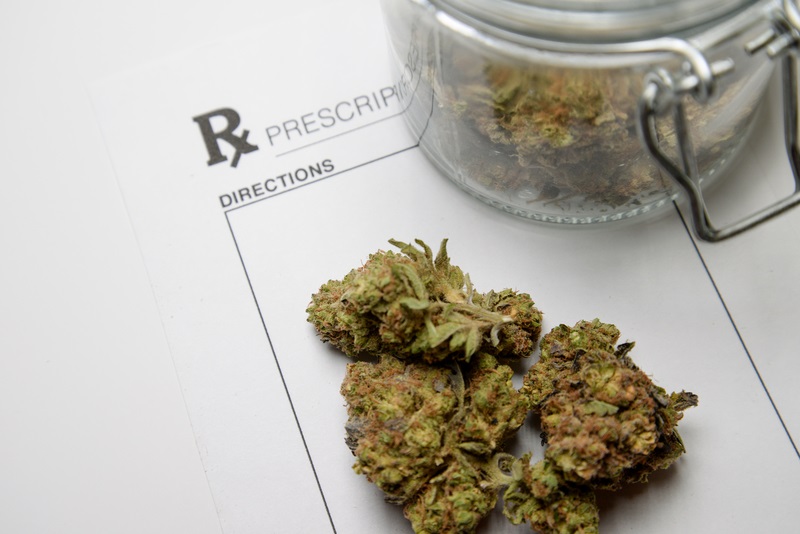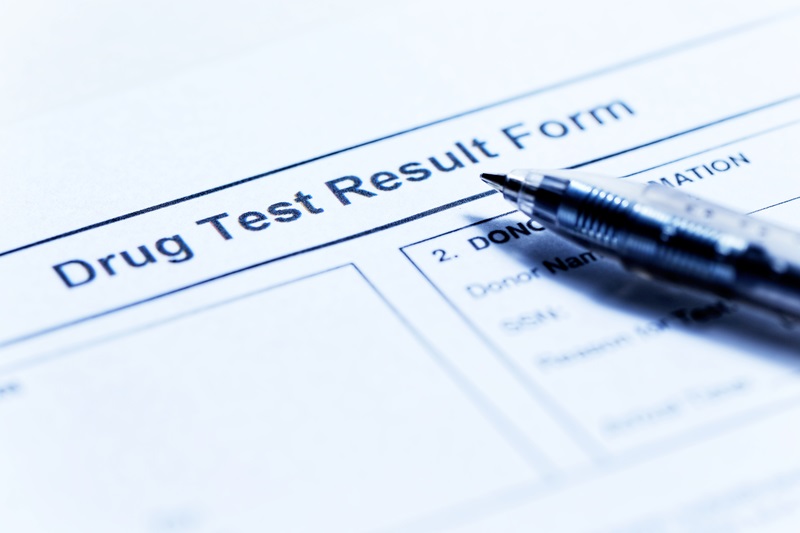NJ Medical Marijuana Law Limits Employer Drug Testing Practices

Employers in New Jersey and New York City need to review their drug testing policies and employment practices considering laws recently enacted to protect employees (and applicants) who are authorized to use medical marijuana under state medical marijuana statutes.
On July 2, 2019, New Jersey joined a handful of other states affording employment protections for job applicants and employees who are legally authorized medical marijuana patients. The changes became effective immediately upon enactment.
The July legislation, renamed the Jake Honig Compassionate Use Medical Cannabis Act (“CUMCA”), broadly expanded New Jersey’s medical marijuana program and added provisions that prohibit adverse employment actions against any employee or job applicant (such as refusal to hire, fire, or other discrimination against an employee) who is a registered qualifying patient, based “solely” on the employee’s status as a medical cannabis patient registered with the law’s newly created Cannabis Regulatory Commission. The change to CUMCA also strictly regulates New Jersey employers’ drug testing procedures pertaining to employees and applicants, including a requirement to afford individuals who test positive for marijuana an opportunity to present a “legitimate medical explanation” for the positive result, or to have a retest of the original sample performed at the employee or applicant’s expense, before facing action by the employer. Under CUMCA, as part of an employee's or applicant's explanation for a positive marijuana test result, the employee or applicant may present “an authorization for medical cannabis issued by a health care practitioner, proof of registration with the [Cannabis Regulatory] commission, or both.” These new legislative protections partially address employees’ exposure to adverse employment actions that remained after Cotto v. Ardagh Glass Packing, Inc., a 2018 decision by the U.S. District Court for the District of New Jersey holding that New Jersey employers were not required to waive a drug test as a condition of employment of authorized medical marijuana patients.
There are important exceptions. The changes to the law do not interfere with an employer’s right to take action relating to an employee’s possession or use of intoxicating substances during work hours or on the employer’s premises outside of work hours, or in accordance with federal law such as to maintain a federal contract or to comply with U.S. Department of Transportation regulations.
In passing these protections for employees, New Jersey joins other states with similar (but not identical) anti-discrimination laws protecting authorized medical marijuana patients, including New York and Connecticut. As we previously blogged, New York City also recently entered the cannabis-in-employment fray by generally prohibiting pre-employment THC screening, effective in May 2020.
The new employment protections medical marijuana patients gained under CUMCA coincide with a separate pending review by the state’s Supreme Court of whether New Jersey’s Law Against Discrimination (LAD) requires employers to provide some level of a reasonable accommodation to disabled employees who treat their disabilities with legally prescribed medical marijuana. The case, Wild v. Carriage Funeral Holdings, Inc., was certified for review by the New Jersey Supreme Court on July 16, 2019, after the Appellate Division ruled that the employer may be required by the LAD to provide the former employee, a cancer patient, with a reasonable accommodation relating to his use of medical marijuana outside the workplace. Needless to say, this case will be closely watched by stakeholders on all sides of this issue.
If you have any questions regarding this post or any other related matters, please feel free to email me at cabruder@norris-law.com.

